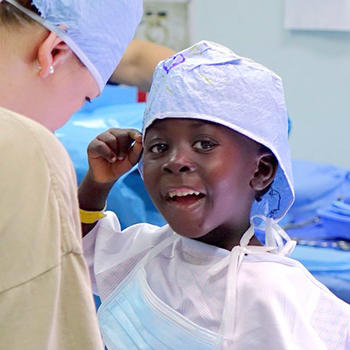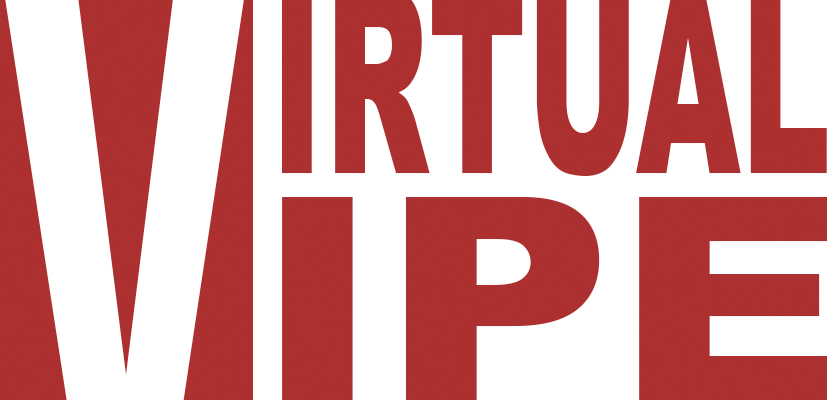 About the Profession
About the Profession
Registered nurses work in a variety of settings including hospitals, extended care facilities, schools, clinics, community centers, military facilities, or home care. RNs are responsible for monitoring and recording patient symptoms and health, administering medications, performing and analyzing diagnostic tests, and operating medical equipment. They communicate and discuss treatment options with patients and the health care team, and educate patients on the management of their injury or illness.
The Bachelor of Science in Nursing (BSN) curriculum delivers thorough professional nursing instruction that culminates with candidates being eligible to sit for the NCLEX-RN. The core curriculum in any accredited bachelor’s degree in nursing program includes the study of adult, maternal, newborn, and pediatric professional nursing. Mental health, gerontological, and community health nursing is also covered in most programs. The bachelor’s degree in nursing is a gateway to further higher education in the form of a Masters of Science in Nursing (MSN) or a doctoral degree.
What Does an RN Do?
Standard skills sets include but are not limited to
-
Administering and monitoring medications
-
Inserting, managing, and discontinuing intravenous catheters and intraurethral catheters
-
Developing a plan of care for each patient
-
Properly assessing and managing all patient populations with appropriate intervention
-
Taking vital signs, recognizing and addressing abnormalities
-
Admitting and discharging a patient safely and appropriately
-
Keeping accurate documentation
-
Ensuring safe patient transfers into and out of bed and chair
-
Performing basic life support (BLS)
-
Performing wound care
-
Feeding, dressing, and performing hygiene
-
Ensuring patient safety, commonly known as “do no harm,” or nonmaleficence, which is the cardinal rule of nursing
